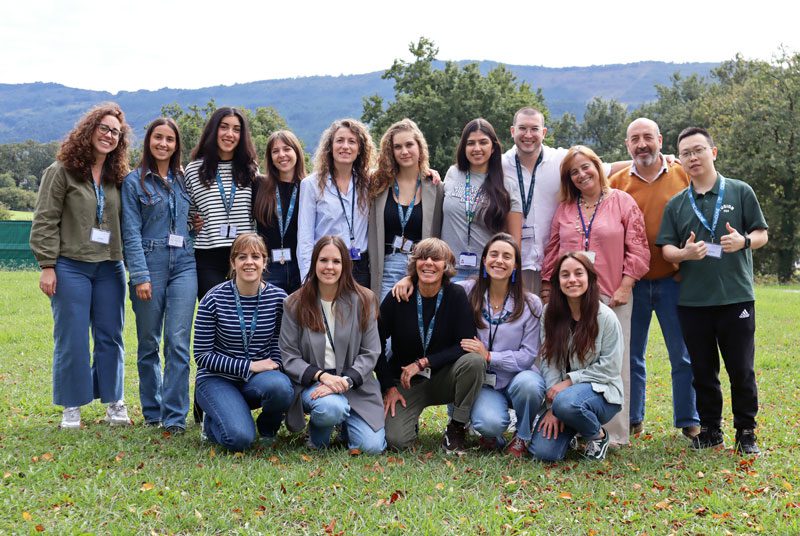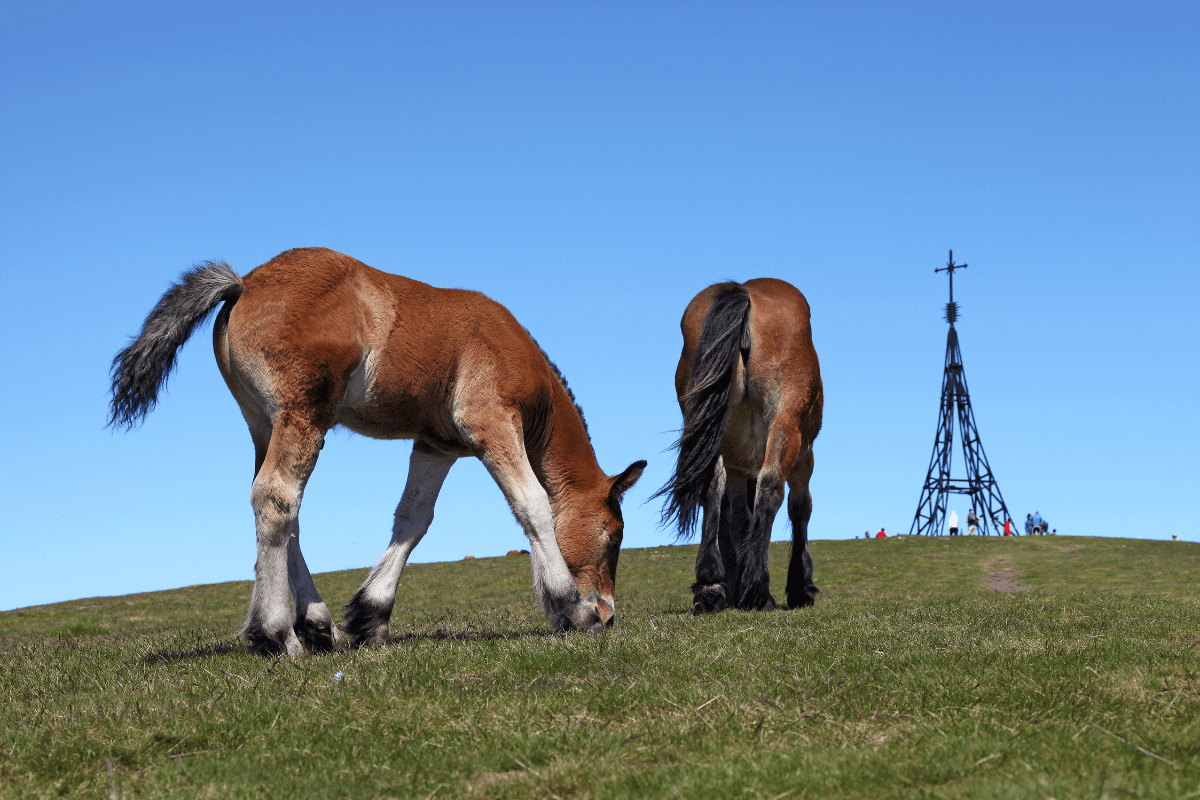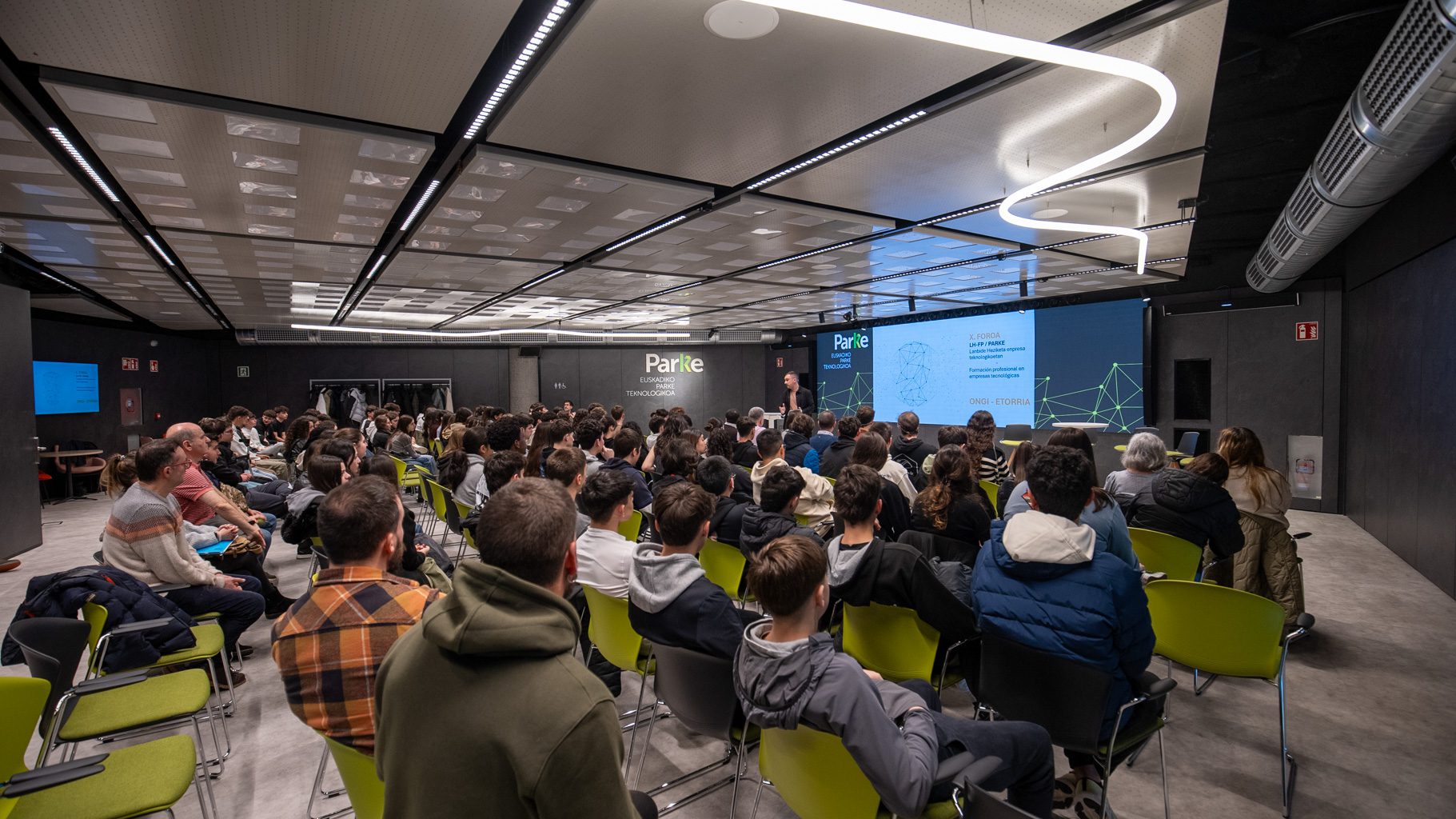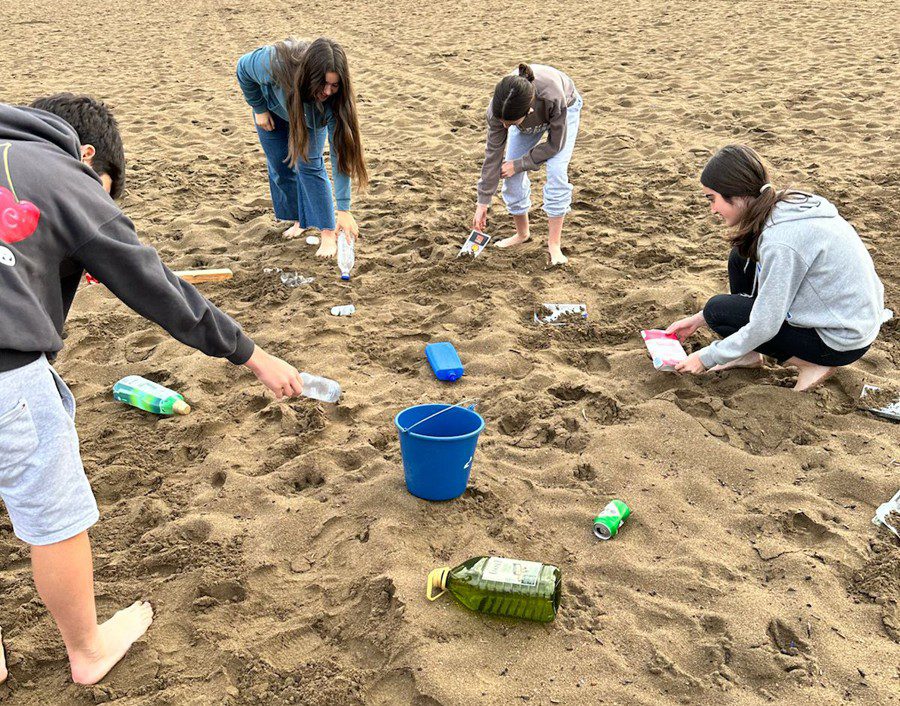Arkaitz Carracedo and June Ereño-Orbea, from CIC bioGUNE, receive the Leonardo Grant for cultural researchers and creators
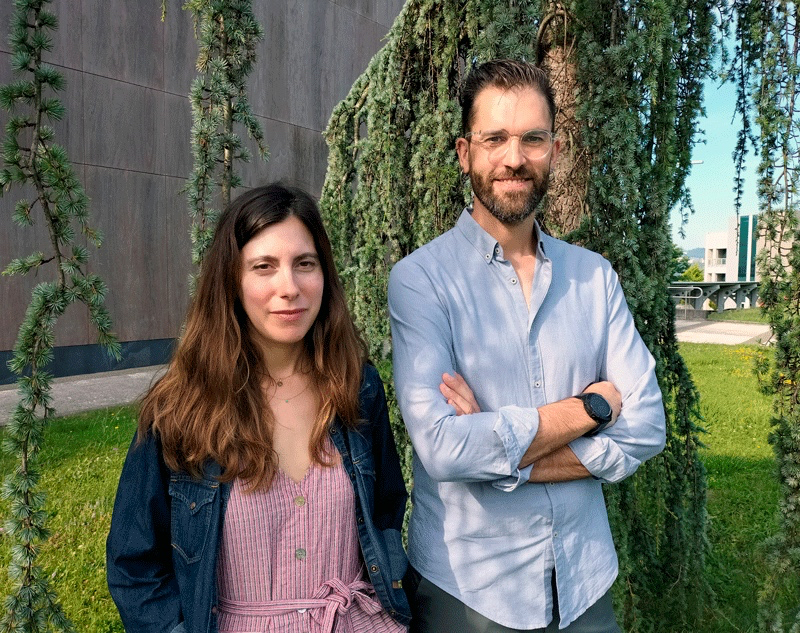
The Leonardo Grants, promoted by the BBVA Foundation, received 1,116 applications in its 2023 call for applications, with only 58 selected.
The evaluation of the candidates has taken into account the excellence of the applicant’s curriculum and the originality of the project presented.
 Arkaitz Carracedo and June Ereño-Orbea, researcher and researcher at CIC bioGUNE, have been awarded the Leonardo Grants, promoted by the BBVA Foundation and aimed at supporting personal projects of researchers and cultural creators in the intermediate stages of their career, between 30 and 45 years old, who are characterised by a significant scientific, technological or cultural production.
Arkaitz Carracedo and June Ereño-Orbea, researcher and researcher at CIC bioGUNE, have been awarded the Leonardo Grants, promoted by the BBVA Foundation and aimed at supporting personal projects of researchers and cultural creators in the intermediate stages of their career, between 30 and 45 years old, who are characterised by a significant scientific, technological or cultural production.
In this 2023 call, a total of 1,116 applications were received and 58 were selected. The evaluation committee took into account the excellence of the applicant’s CV and the originality of the project presented.
In the case of Arkaitz Carracedo, Ikerbasque research professor at the Cancer Cell Signalling and Metabolism Laboratory at CIC bioGUNE, the translational research project “Elucidating the contribution of protein UFMylation to prostate cancer progression” has been supported. This project is based on the study of specific alterations at the molecular level that underpin the aggressiveness of prostate cancer. The development of knowledge and technological tools in this type of tumour could be transferred to other pathologies.
June Ereño-Orbea, Ikerbasque researcher in the Chemical Glycobiology Laboratory at CIC bioGUNE, has received the grant for her basic research project “Antibody mediated degradation of Siglec glycoinmune checkpoint receptors”. This project aims to develop a new class of molecules that can specifically degrade the glyco-immune checkpoint inhibitors called Siglecs, which are found on the cell surface. The main objective is that these innovative molecules will contribute to reversing the immunosuppression caused by Siglecs in the tumour microenvironment.
The specific destination of the grant, endowed with 40,000 euros, allows for great flexibility, adapting to the needs of each project and can be developed over a period of between 12 and 18 months.
